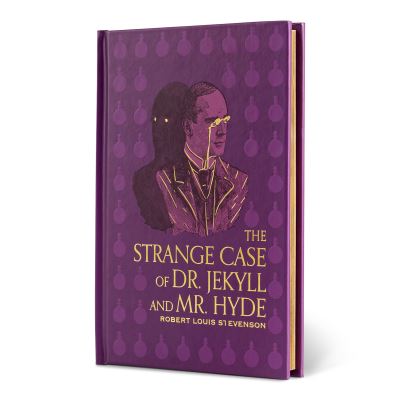First published in 1886,
The Strange Case of Dr. Jekyll and Mr. Hyde is Robert Louis Stevenson's classic tale of the duality of human nature and his iconic presentation of what would come to be referred to as the "split personality." Born in 1850 in Edinburgh, Scotland, Stevenson crafted this novella during the Victorian era, a period marked by strict social mores and a fascination with the dual nature of man. The story delves into the
duality of human nature, portraying Dr. Henry Jekyll's harrowing struggle with his darker self, Mr. Edward Hyde, through a transformative potion that he creates.
Considered a pioneering work in the psychological horror genre, it explores themes of identity, human evil, and the societal pressures that influence personal choices. Historically, it reflects the Victorian anxiety about the public and private spheres and the fears of degeneration prevalent in the late nineteenth century.
Dr. Jekyll and Mr. Hyde challenges the notion of inherent goodness and questions the possibility of fully understanding one's own multiplicity and capacity for evil. Its enduring appeal lies in its profound philosophical questions about the essential conflict within human nature.
